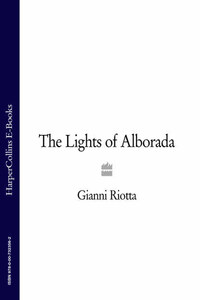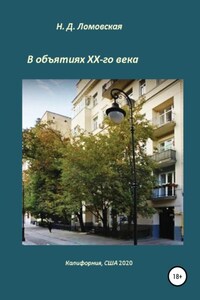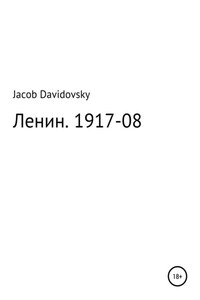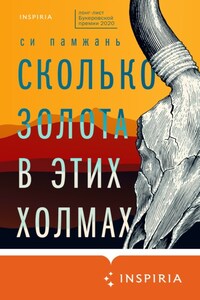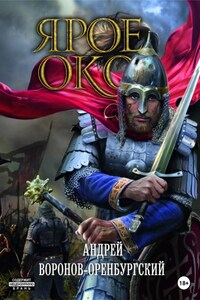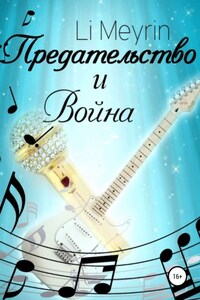When I was a child on the Island, feast days were announced by the Alborada. At the first light of ‘rosy-fingered dawn’, as our teachers taught us to call it, Orazio the sexton lit rockets full of black gunpowder. Their fuses were short and hemp-grey. The explosions rang out dry and crisp, without heat or smoke. One after another, like the beads of the rosary that the old women fingered during Vespers, in the cold of the church of San Noè.
The village lived by the bloody trade of fishing and the strenuous business of processing tuna, the silvery herds of the blue Mediterranean Sea, and it was too small – just a few houses lined up along the cliffs – not to be roused all at once by the sound of Alborada. The first explosion made us all jump, snug beneath the salt-stained quilts that our grandmothers had spent their evenings embroidering. The other reports slipped easily into our ears, but none of them rumbled in the same way. There was no fishing on a feast day, no nets to untangle or harpoons to hone to razor-sharpness, to strike the blue skin and the red flesh of the tuna. The women didn't have the bother of sheets to wash and wring in the irrigation ditch, or children to send to school, hoping that the holes in their shoes wouldn't get too big before the annual mattanza, the tuna slaughter, before the vital force of the tuna paid for the next year of our lives.
When the explosions brought the pyrotechnic volley to an end, Orazio began to ring the bells, short strokes through the morning air, which was clear but still grey. When the last bell fell silent the villagers would roll over in bed, the men relax and the woman begin to think about lighting the stove for a cup of coffee, when there was coffee, and when there wasn't, then a cup of substitute coffee made from barley or bitter chicory. Between Alborada and the first awakenings there lay a contented zone of Purgatory, of waiting. The feast day had arrived, and promised, in the poet's words, repose and fleeting joys suspended in a no-man's-land, a day free of the prison of duties, chores, labour. The village waited for the future, not yet awake but coddled and rebuked, like sleepy children by their mothers: ‘Wake up. I'll be back in five minutes with your caffé latte.’
I was the only one who stopped sleeping when the Alborada sounded. As the first report rang out I slipped from my quilt and wrapped myself in a yellow oilskin against the dew. I ran. I ran along the deserted cobbled alleyways, my heart pounding and swelling against my breastbone and my skinny ribs. I flew over nets the colour of raw raffia, missed by a few inches the harpoons and the rough metal anchors. I jumped from bollard to bollard, balancing over the icy waters of the harbour, I ran my hand along the booming black gate of the school, slipping over the cobbles outside the big tuna-processing plant, the building of yellow volcanic stone that held our lives and our luck. I headed for San Noè, and behind me, on Hangman's Hill, where the gallows had stood in the days of the Saracen Turks, goats browsed the salt-crunching grass. My feet scraped the coarse turf, I grazed my knees on the paving-slabs of the market and turned to run up the hill, gliding like a happy gull over the church square of San Noè.
My challenge was a simple one: to cross the village, leaving our house at the first blast, and kneel beneath the paternal figure of San Noè – St Noah – before Orazio's final fuse brought the Alborada to a close. Once there, I would pray to the patron saint of the Ark, the guardian for forty days and forty nights of our species and of the myriad varieties of plants and animals, to intercede for me too, and for my family and for the village. What blessing I was asking for, I couldn't say. Neither did I really understand that word ‘intercede’, but it seemed to me that my mad, childish running, to the detonations of the Alborada, were a sacred and essential rite to be repeated every year.
Orazio came down muttering like a lonely old man, and noticed me in the square. ‘This time too? You're completely mad. Have you prayed? Fine. Now go back to bed.’
I never paid him any heed. Orazio turned his bent shoulders towards me and went back into the church to prepare the altar. I waited for my heart to settle in my chest, and walked gently towards the pier. There, a rare school of flying fish, frantic dragonflies, beat the waves with the same energy that I felt had been freed in my soul. I had fulfilled my vow, delivered my request for some favour as yet unknown.
